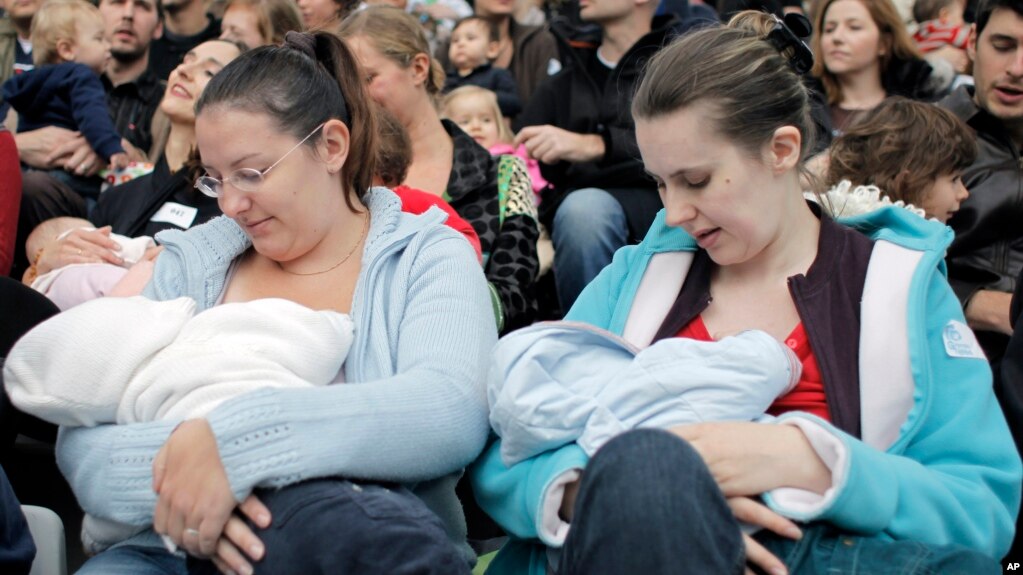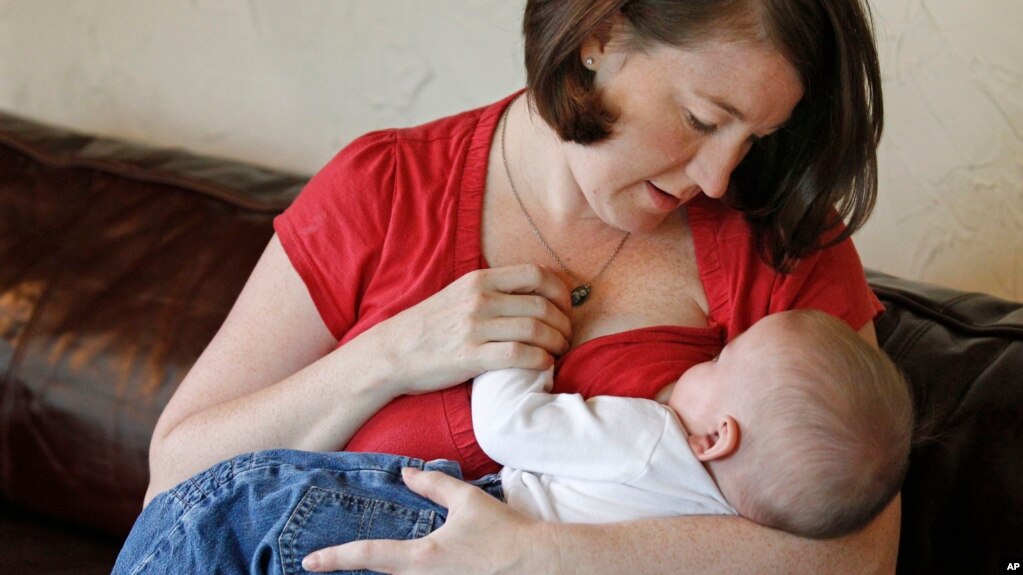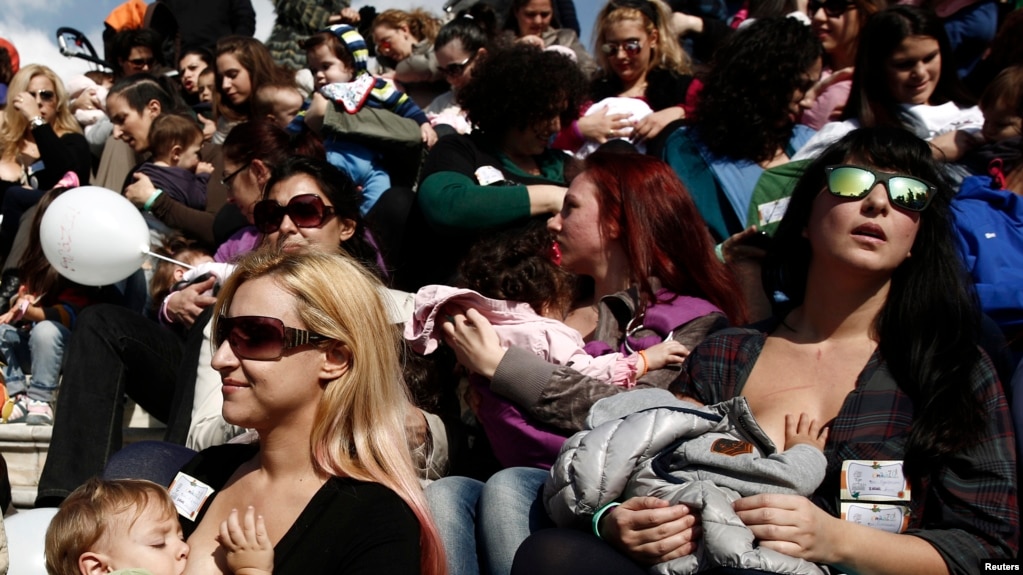Delta4Embassy
Gold Member
Noticing the other thread, now closed, wanted to weigh in but couldn't. Judging by the 'arrousal when breastfeeding' link, and the replies to it, I'd say some people need a refresher course on anatomy.
There are nerve endings in our nipples and breasts which go to our genitals. Thus, if a woman becomes sexually arroused during breastfeeding...Ya well, as anyone who's engaged in nipple stimulation during sex can attest, it feels very nice. Has nothing to do with mother-child relationships though. It's as unavoidable as when a guy gets an STI check from a very pretty blonde internist handling his junk. "Sorry Doc'" - "That's ok, it's normal."
"Sorry Doc'" - "That's ok, it's normal." 
Only reason this was even a thing is people are ignorant beyond belief about their own bodies so when they see this kind of thing they think it's unusual. Look at it from the other perspective: If women knew they could have orgasms from breastfeeding (which they can) more would do it strengthening more children's immune systems, enhancing family bonds which results in less criminality, costs to the state and taxpayers paying for sick people, etc..
But no, let's make it a topic to snicker at like still in junior high laughing at a guy's erection in gym calling him 'fag,' (then in later life wishing you got arroused so easily) or a girl's smaller bosom (even though bigger ones typically translate into higher risks of breast cancer.)
There are nerve endings in our nipples and breasts which go to our genitals. Thus, if a woman becomes sexually arroused during breastfeeding...Ya well, as anyone who's engaged in nipple stimulation during sex can attest, it feels very nice. Has nothing to do with mother-child relationships though. It's as unavoidable as when a guy gets an STI check from a very pretty blonde internist handling his junk.
Only reason this was even a thing is people are ignorant beyond belief about their own bodies so when they see this kind of thing they think it's unusual. Look at it from the other perspective: If women knew they could have orgasms from breastfeeding (which they can) more would do it strengthening more children's immune systems, enhancing family bonds which results in less criminality, costs to the state and taxpayers paying for sick people, etc..
But no, let's make it a topic to snicker at like still in junior high laughing at a guy's erection in gym calling him 'fag,' (then in later life wishing you got arroused so easily) or a girl's smaller bosom (even though bigger ones typically translate into higher risks of breast cancer.)






